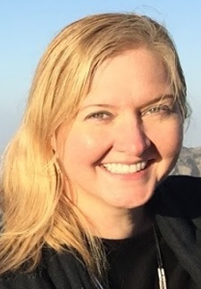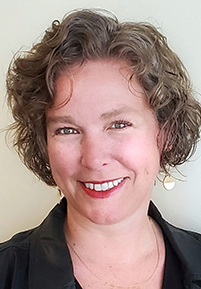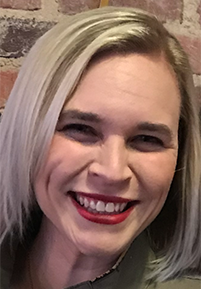Mental Health First Aid in Schools: Connecting Public Health, Policy, & Equity in COVID-19
The COVID-19 pandemic has taken a toll on the mental health of all age groups. Students and adolescents report that the pandemic has had significant impacts on their mental health, as they’ve missed out on major life events and adjusted to distance learning. At the same time, the pandemic has exacerbated mental health inequities across minority and vulnerable groups, particularly among Black and Latino youth. Schools have been instrumental in providing mental health supports and interventions, even before the pandemic, and communities, policymakers, and researchers also play a role in implementing school-based mental health services.
Mental Health First Aid is one such intervention that has helped schools respond to students’ mental health needs in both a low-cost and high-impact manner. How have schools and others adapted during the pandemic to address students’ mental health needs, and what will change going forward?
In this webinar, our speakers addressed:
- Lessons learned from the 2020 school year and potential approaches for 2021;
- How communities, advocates, researchers, and policymakers can partner with one another to implement Mental Health First Aid during the pandemic; and
- Evidence-based strategies to improve mental health equity through Mental Health First Aid.
This one-hour discussion is the second in the web forum series Equity in COVID-19: Bridging the Gap Between Public Health and Policy, brought to you by the Public Health Institute and IMPAQ, a subsidiary of the American Institutes for Research. The series explores “in-the-news" topics, such as mental health; housing and health outcomes; and environmental health and climate change, and provides actionable insights to address equity issues by translating research into policy and practice.
Moderator
 Mary Pittman, DrPH
Mary Pittman, DrPH
President and CEO, Public Health Institute
Mary A. Pittman, DrPH, is president and CEO of the Public Health Institute (PHI). A nationally recognized leader in improving community health, addressing health inequities among vulnerable people and promoting quality of care, Pittman assumed the reins at PHI in 2008, becoming the organization's second president and CEO since its founding in 1964. Her primary focus has been guiding the development of a strategic plan that builds on existing PHI program strengths to achieve greater impact on public policy and practice in public health.
Speakers
 Kimberly Kendziora, Ph.D.
Kimberly Kendziora, Ph.D.
Managing Researcher, American Institutes for Research
Kimberly Kendziora is trained in clinical psychology with a focus on child behavior. She has been at AIR for 22 years, where her work focuses on research and evaluation of school- and community-based student support initiatives. She has specific expertise in research on programs related to students’ social and emotional learning, behavior, mental health, and health. Her work in mental health includes leading the national implementation evaluation of Mental Health First Aid for the Substance Abuse and Mental Health Services Administration, as well as looking at how mental health staff collaborate with school personnel in a study for the Department of Education. She has also examined financing approaches New York City schools used to fund school mental health services at all levels of student need.
 Brooke Briggance
Brooke Briggance
Deputy Director, FACES for the Future Coalition
S. Brooke Briggance has a multi-sector background in health, direct impact programming for children, youth and families, and public education non-profit work. She began her career in health care in the Department of Neurology at SUNY Stony Brook in New York and has experience in administrative leadership and public education advocacy and reform. In addition, she served as the executive director of the Alameda Education Foundation and worked as a consultant assisting in projects ranging from school district redesign, community engagement, and best practices for non-profits. She currently serves as the deputy director for the FACES for the Future Coalition and as the Program Director for the Cypress Resilience Project, both part of the Public Health Institute. She is a certified grief recovery specialist, a certified Mental Health First Aid instructor (adult, youth, and teen), and a certified trainer in trauma informed systems.
 JeriKay Wynn
JeriKay Wynn
School Counselor, Corbin Elementary School, Kentucky
JeriKay Wynn began her training as an undergraduate student at Eastern Kentucky University, where she received a bachelor of science in elementary education, with an added certification in middle grades language arts, while working in local school systems. She then received a master of arts in education, school counseling. As a coordinator with the Division of Family Resource and Youth Services Centers, she worked diligently to enhance students’ ability to succeed in school by developing and sustaining partnerships that promote early learning and successful transition to school; academic achievement and well-being; and graduation and transition into adult life. Wynn has training in trauma informed practices for educators; positive behavior interventions and supports; and Youth Mental Health First Aid. She is currently working toward an educational specialist degree in school counseling.
This webinar is brought to you by IMPAQ, in partnership with the Public Health Institute.

